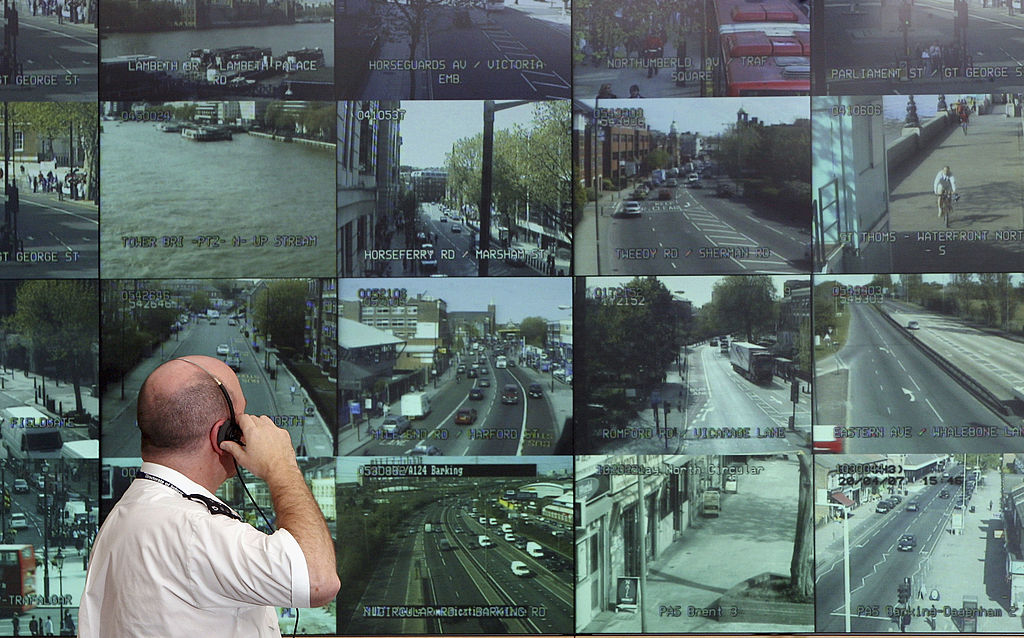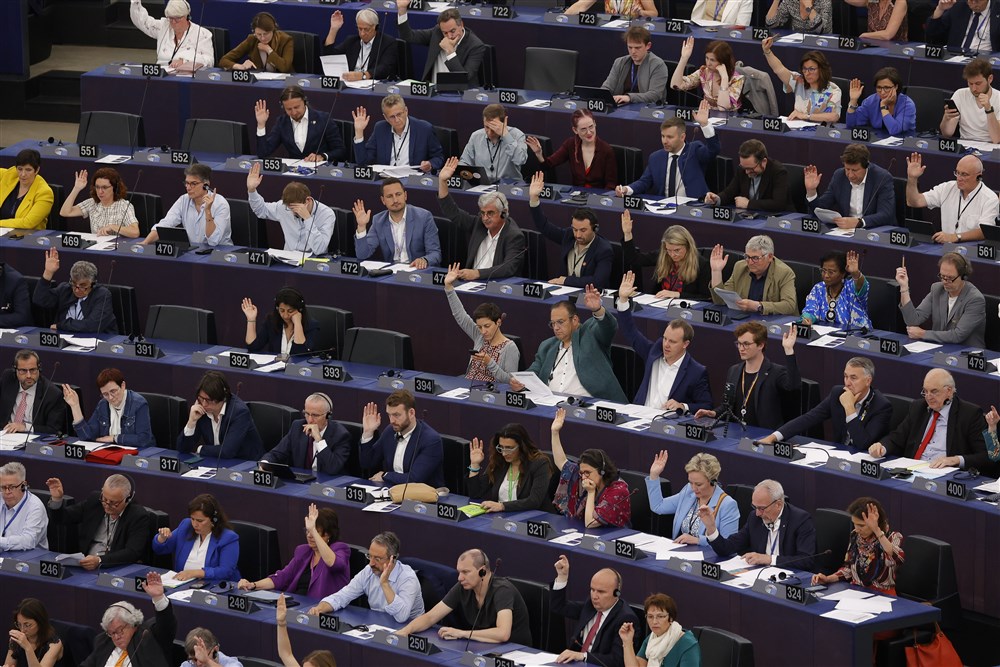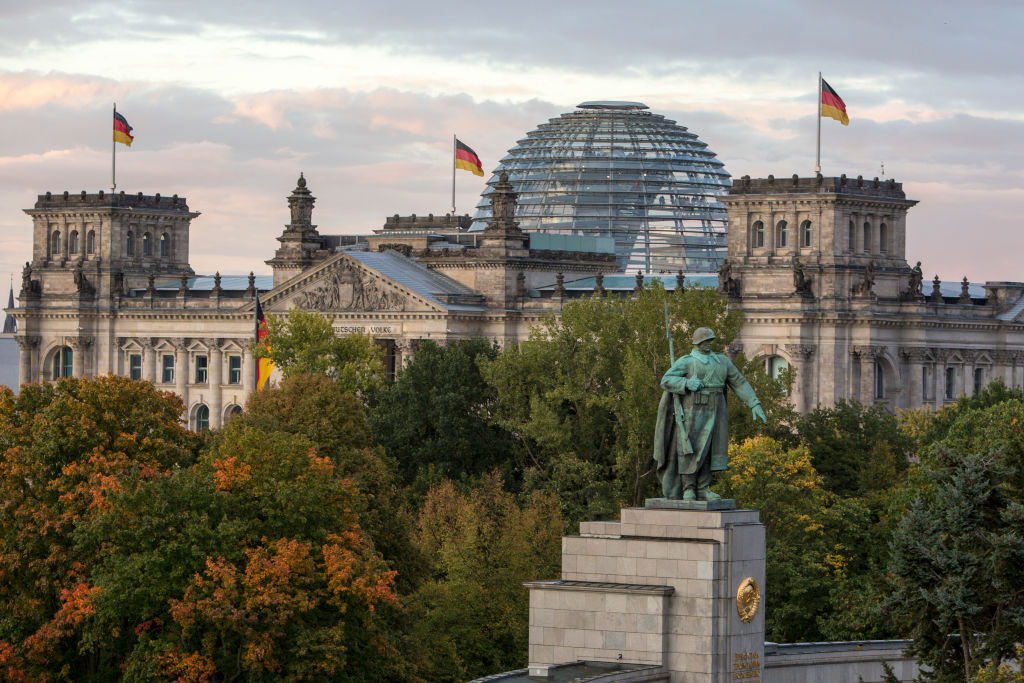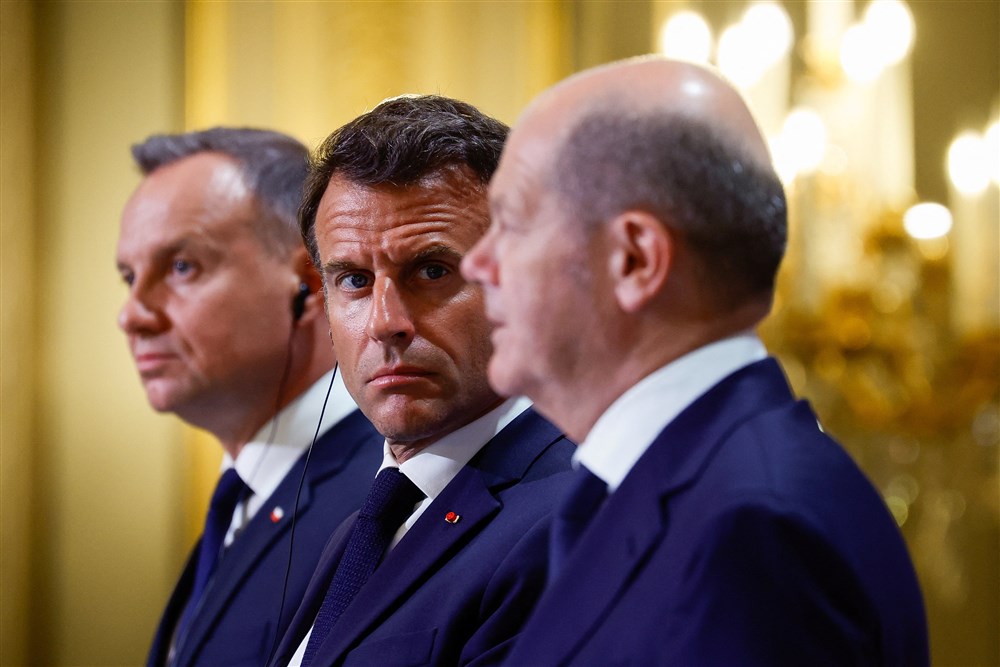The tragic sinking of a boat packed with hundreds of people seeking refuge abroad has sparked riots and furious debate about migration throughout Europe.
Of passengers on the ship when it capsized off the coast of Greece on June 14, 79 have so far been confirmed dead, with more than 100 rescued, among them Egyptians, Iraqis, and Afghans. Greek authorities have arrested nine of those picked up for alleged human trafficking.
However, as the search continues, it is believed some 500 people are still missing. Survivors have said there were in excess of 750 passengers on the vessel when it sank.
Aerial footage from Wednesday shows the large fishing boat with people packed on its decks. Most harrowing of all is that survivors claim the people-smugglers had locked the women and children in the boat’s hold, meaning they had very little chance of survival.
Political repercussions are already being felt.
The day after the sinking, Left-wing leader of the Greek opposition Syriza party, Alexis Tsipras, called for protests against the Greek government’s current policy of migrant deterrence and border control, which he said had led to the tragedy. He was joined in pushing for protests by the Communist Party of Greece and other Left-wing collectives.
However, when demonstrations did take place in Athens, they quickly turned violent as Left-wing protestors threw petrol-bombs at police.
At another protest in Kalamata, where the survivors have been brought ashore, banners were waved reading: “Crocodile tears! No to the EU’s pact on migration”.
The accident off the coast of the Greek town of Pylos is spurring intense discussion among European Union officials on migration policy, particularly as the issue is at the centre of current EU legislative procedures.
A lawyer working with the Refugee Support Aegean NGO told Al Jazeera that the move towards a more restrictive migration policy in Europe was to blame for such tragedies. “[They are] a side effect of the deterrent EU policies and all these efforts – no matter what – to keep people in need of protection and support outside the EU territory,” she said.
Meanwhile, in France, Marine Le Pen, leader of the nationalist Rassemblement National’s parliamentary party, argued precisely the opposite. She said that it was Europe’s failure to be tough enough regarding migrants that had incentivised them to undertake such dangerous sea-crossings.
“This idea that we must give all these migrant-filled boats the hope of arriving in Europe, being regularised, and possibly obtaining nationality in EU countries, this is an idea which encourages considerable-risk taking, [even] the risk of dying at sea,” she told French broadcaster FranceInfo.
Instead, Le Pen said, a real solution would be for coastguard vessels to be able to board suspected migrant ships and, if found to be carrying migrants, escort those vessels back to their port of origin.
While Le Pen criticised the planned EU migration pact over its mandatory migrant relocation mechanism, and for being EU-led, the bloc as a whole appears to be pushing forward tougher migration deterrence policies.





